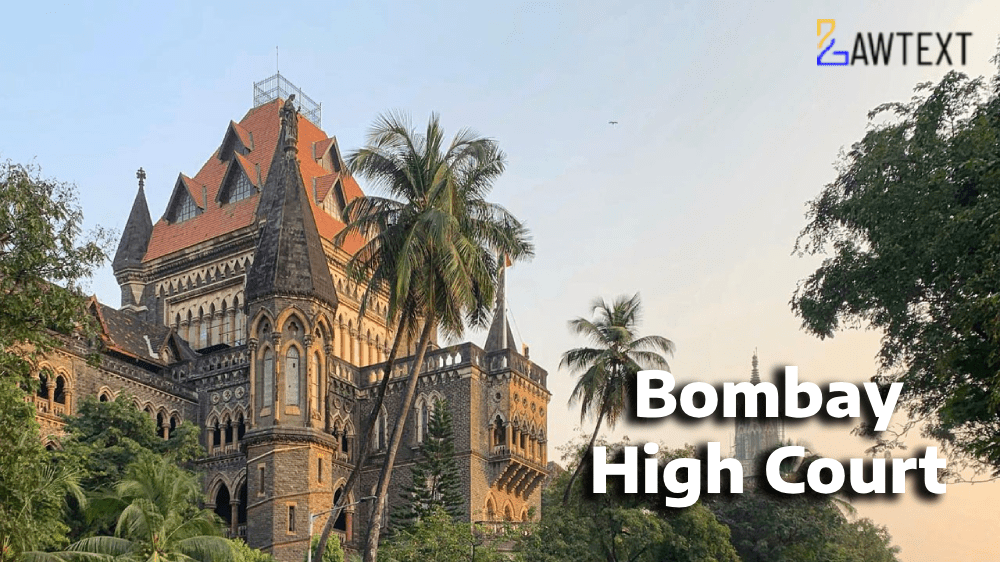

Interpretation of Article 40: The Court held that the Administrative Tribunal’s interpretation of Article 40 was sound and legally sustainable. The Court found that the amendment to Para 5 in 1980 was intended to allow members of the previous Committee to seek re-election for the next triennium, and this interpretation was in line with the legislative intent. The Court further held that Para 4 does not operate as a blanket bar on re-election but only prohibits re-election to the same post held in the previous triennium.
Imposition of Costs: The Court held that the imposition of costs of Rs. 10,000 by the Tribunal was arbitrary and not based on any reasonable grounds. The Court quashed the order imposing costs, holding that the Petitioner was exercising his statutory right to challenge the election, and there was no conduct on his part that justified the imposition of costs.
Interpretation of Statutory Provisions: The Court emphasized that statutory provisions must be interpreted in a manner that furthers the legislative intent. In this case, the amendment to Para 5 of Article 40 was intended to allow continuity in the administration of the Devasthan by permitting re-election of members. The Court held that Para 4 of Article 40 should be read harmoniously with the amended Para 5, and it only prohibits re-election to the same post held in the previous triennium.
Imposition of Costs: The Court held that the imposition of costs in statutory appeals should be based on reasonable grounds, and not merely because the appeal raises a question of law.
Petitioner’s submissions on the interpretation of Article 40. (Para 7-9) Court’s analysis of Para 4 and Para 5 of Article 40. (Para 14-16) Court’s conclusion on the interpretation of Article 40. (Para 24-25) Court’s decision on the imposition of costs. (Para 26)
Devasthan Regulations – Article 40, Para 4, Para 5, Re-election, Reappointment, Legislative Intent, Continuity in Administration.
Costs – Arbitrary, Statutory Right, Pure Question of Law.
Major Acts:
Legislative Diploma No. 645 of 1933 (Devasthan Regulations) – Regulating the administration of Mazanias (Registered Temples) in Goa.
Goa, Daman, and Diu Legislative Diploma No. 645 (First Amendment) Act, 1980 – Amending Article 40 of the Devasthan Regulations.
Nature of the Litigation:
The Petitioner, Mr. Rajesh Vishwanath Panandikar, challenged the election of Respondent Nos. 1 to 8 to the Managing Committee of Shree Shantadurga Saunsthan, Kavlem, Ponda, under the Devasthan Regulations.
The Petitioner contended that the Respondents were disqualified from contesting the elections due to the provisions of Article 40, Para 4 and Para 5 of the Devasthan Regulations, which prohibit re-election or reappointment of members of the previous triennium.
Who is asking the court and for what remedy?
The Petitioner sought to quash the election of Respondent Nos. 1 to 8, arguing that their nominations were accepted in violation of Article 40 of the Devasthan Regulations.
The Petitioner also challenged the imposition of costs of Rs. 10,000 by the Administrative Tribunal, Goa, in its order dated 30.11.2022.
Reason for filing the case:
The Petitioner filed the Writ Petition after the Administrative Tribunal dismissed his Election Appeal No. 07/2022 and Review Application No. 02/2022/Review/DEV, upholding the election of Respondent Nos. 1 to 8.
What has already been decided until now?
The Administrative Tribunal had dismissed the Petitioner’s appeal, holding that the Respondents were eligible to contest the elections. The Tribunal also imposed costs of Rs. 10,000 on the Petitioner for filing the appeal.
Whether the interpretation rendered by the Administrative Tribunal to the amended provisions of Para 5 and provisions of Para 4 of Article 40 of the Devasthan Regulations is legally sustainable?
The Court examined whether the Tribunal correctly interpreted the provisions of Article 40, particularly Para 4 and Para 5, which deal with the re-election and reappointment of members of the Managing Committee.
Whether the cost of Rs. 10,000 imposed by the Tribunal on the Petitioner was excessive and called for interference?
The Court considered whether the imposition of costs was justified, given that the Petitioner was raising a pure question of law regarding the interpretation of the Devasthan Regulations.
Petitioner’s Submissions:
The Petitioner argued that Para 4 of Article 40 operates as a bar on the nomination or re-election of any member of the Committee to any post in the Committee for a consecutive term.
The Petitioner contended that Para 5, as amended in 1980, did not override the prohibition in Para 4, and thus, the Respondents were disqualified from contesting the elections.
The Petitioner also argued that the imposition of costs by the Tribunal was arbitrary and uncalled for, as the appeal raised a pure point of law.
Respondents’ Submissions:
The Respondents argued that the amendment to Para 5 in 1980 was intended to allow members of the previous Committee to seek re-election for the next triennium, thereby providing continuity in the administration of the Devasthan.
The Respondents contended that Para 4 only prohibits re-election to the same post held in the previous triennium, but not to a different post.
The Respondents supported the Tribunal’s decision and the imposition of costs, arguing that the Petitioner’s appeal lacked merit.
Citation: 2025 LawText (BOM) (2) 86
Case Number: WRIT PETITION NO.219 OF 2024
Date of Decision: 2025-02-07
Case Title: Mr. Rajesh Vishwanath Panandikar S/o late Vishwanath Raghunath Panandikar Versus Mr. Triloknath Pandharinath Borkar, S/o Pandharinath Borkar And Ors.
Before Judge: VALMIKI MENEZES, J.
Advocate(s): Mr. Parag Rao with Mr Akhil Parrikar and Mr. Ajay Menon, Advocates for the Petitioner. Mr. Parag Wagle, Advocate for Respondent Nos.1 to 4, 6 to 8, 12 and 16. Mr. Neehal Vernekar, Additional Government, Advocate for Respondent No.17. Mr. Purushottam Karpe with Ms. Gauri P. Karpe, Advocates for the Respondent No.19.
Appellant: Mr. Rajesh Vishwanath Panandikar S/o late Vishwanath Raghunath Panandikar
Respondent: Mr. Triloknath Pandharinath Borkar, S/o Pandharinath Borkar And Ors.